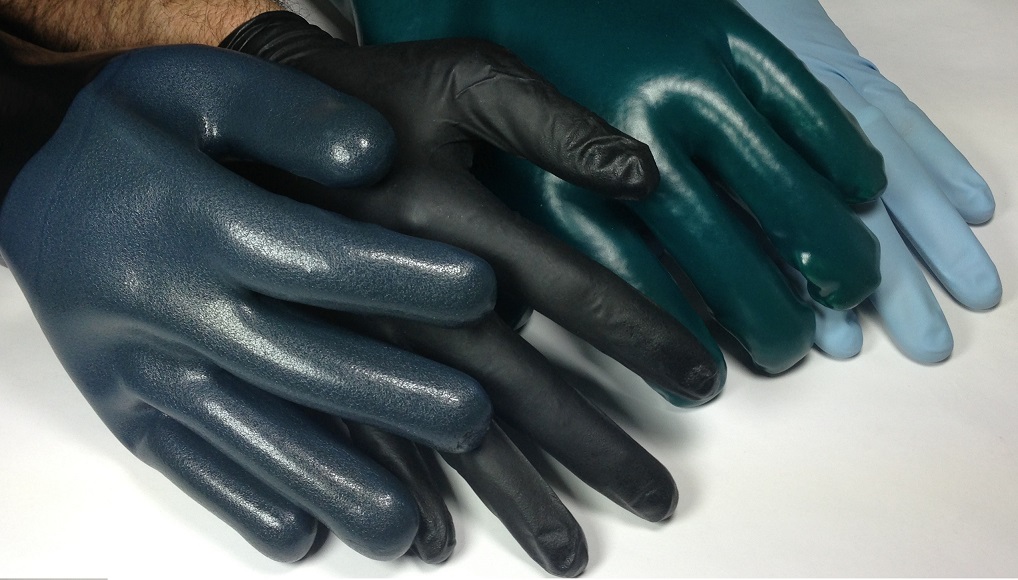By Mike McNulty
FAIRLAWN, Ohio—Some might call it a pipe dream. Teresa Clark scoffs at the naysayers.
The vice president of product development at Enso Plastics L.L.C. continues to preach about the benefits of technologies that accelerate the natural bio-remediation of materials, including rubber, in the waste environment.
Speaking at the International Latex Conference, held in Fairlawn, she stressed that “rubber items are a critical part of modern society, and a focus on the waste management of rubber is becoming more critical.”
In a paper she presented at the conference, titled “Enhancing the Biodegradation of Waste Rubber,” Clark said advancements have been made in recycling rubber goods, “but a vast majority of rubber products are discarded into landfills and in the environment.”
Two years ago she gave a presentation at the latex conference and unveiled Enso’s new technology, Enso Restore RL, which she said is a unique material designed to attract specific naturally occurring microorganisms and “induce rapid microbial acclimatization to synthetic rubbers and resulting biodegradation.”
Enso primarily served the plastics industry until it came up with Restore RL, which was in the development stage when she initially discussed it at the 2013 conference.
That’s changed, she said. Restore RL is being commercialized and advances have been made. “We expanded from just synthetics, such as nitrile, to rubber-based adhesives, natural rubber, gloves of all kinds and numerous other applications.”
Clark also said Enso is researching the use of the firm’s material on tires.
Basically, Restore RL is an additive used during the manufacturing of rubber products. It’s dispersed throughout the matrix of the rubber.
“A novel aspect of this material,” she said, “is its inertness to the host rubber resin; it does not contribute to any degradation of the rubber, thus leaving the shelf life of the rubber article intact.”
Clark noted that the material increases the biodegradation of rubber within natural microbial and municipal landfill environments.
A prime difference in the paper she presented at the conference this year and her presentation in 2013 is that this time around she stressed why it is important. Two years ago, she primarily discussed the technical aspects of Restore RL.
She maintained in her most recent presentation that “there is significant benefit to adjusting our waste management strategy for rubber to include biodegradation within landfills.
“By utilizing technologies such as Enso Restore to achieve controlled biodegradation, it is possible to implement biomimicry and achieve zero waste through full biodegradation.
“This complete biodegradation integrates in the natural carbon cycle while also creating clean energy to offset fossil fuel use.”
Clark said that because landfill gas is generated continuously, it provides a reliable fuel for a range of energy applications, including power generation and direct use. “Landfill gas is one of the few renewable energy resources that, when used, actually removes pollution from the air.”
Using the gas is cost-effective, she said, and generates economic opportunities.
The bottom line, she said, is to eliminate toxic waste.
Read the original article here: http://www.rubbernews.com/article/20150930/NEWS/309219980/enso-aims-to-manage-rubber-waste-with-restore-rl


